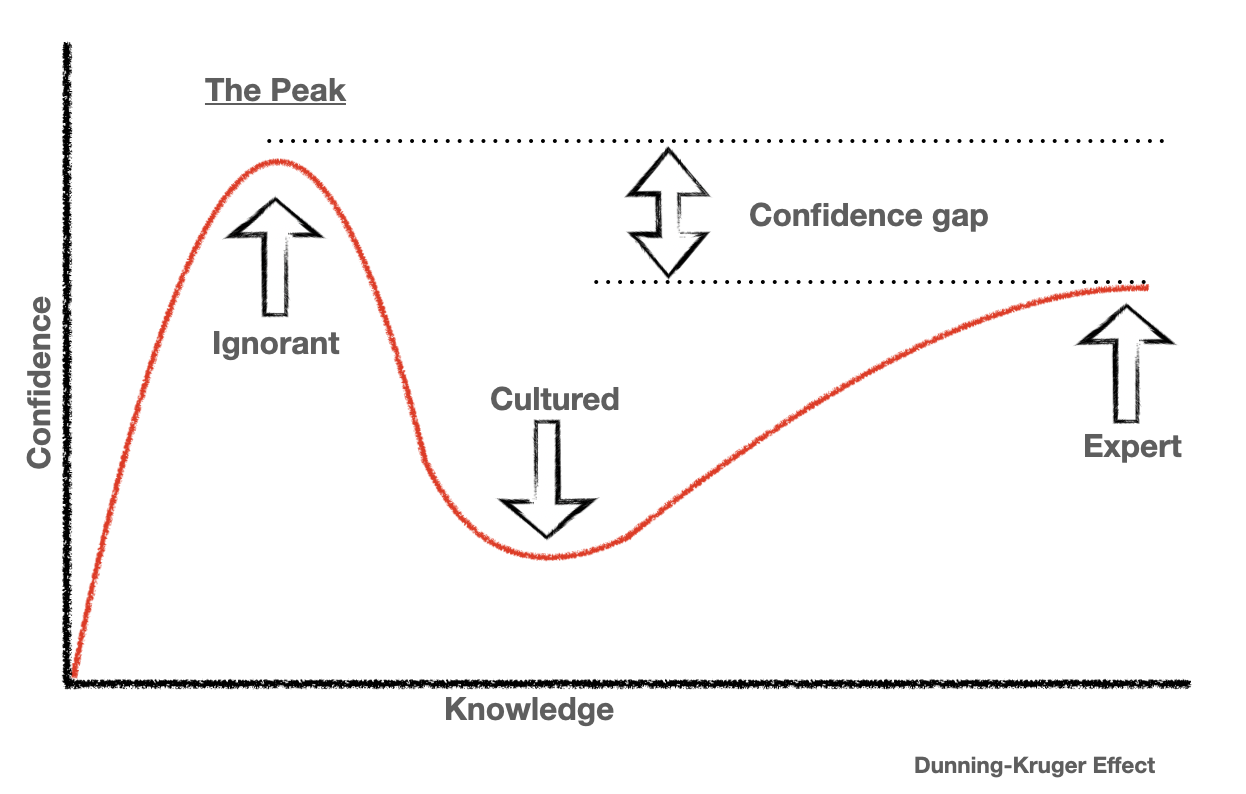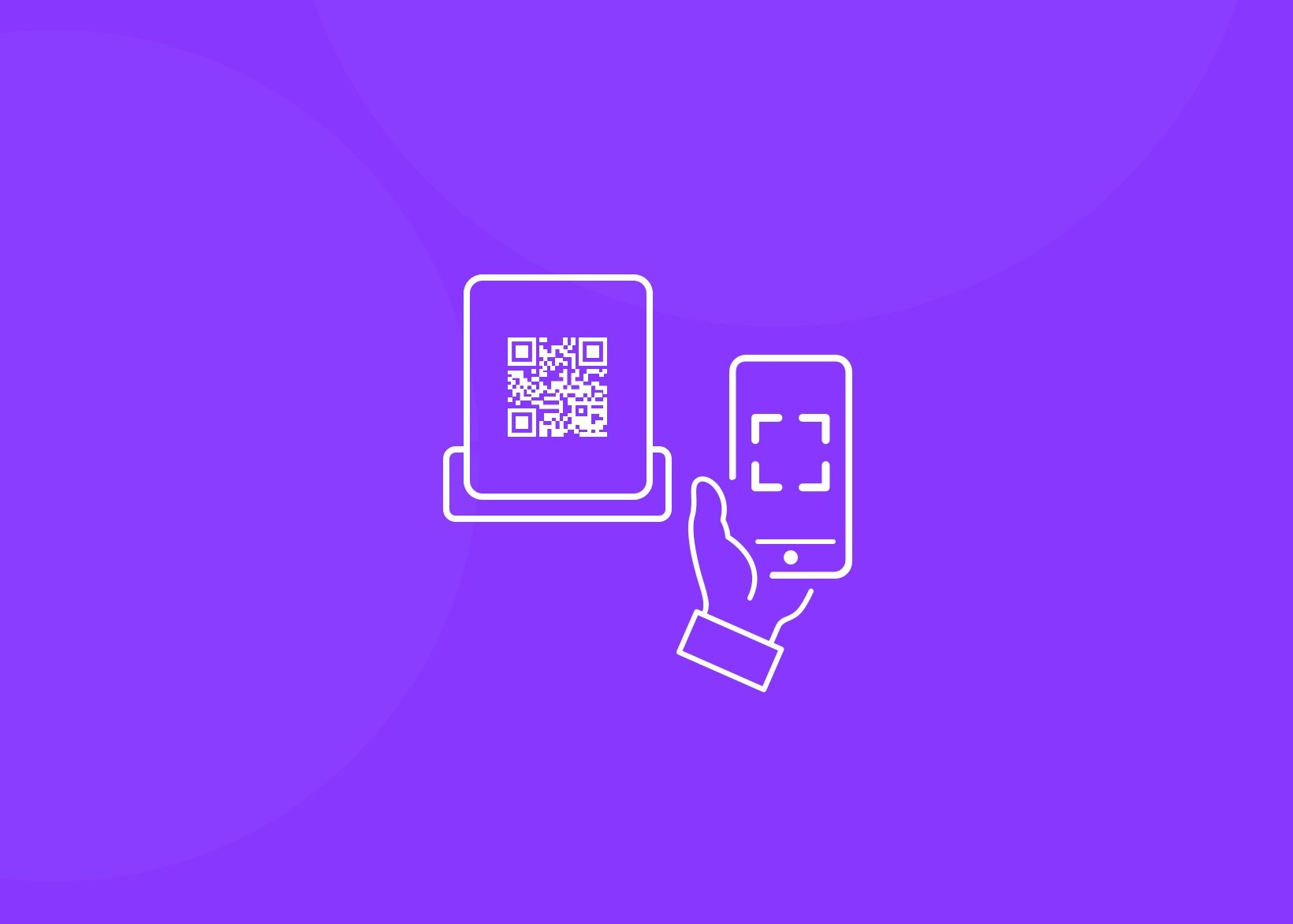Despite cultural and economic differences, small businesses from all over the world face similar challenges and share the same concerns, ranging from uncertainty about future cash flow to accessing affordable finance.
There are several reasons as to why small businesses struggle financially -- dealing with late payments from customers, lack of foresight into their future cash flow, and minimal support from those with financial experience.
Following the 2008 global financial crisis, small business lending fell to a low of £22 billion a year (Bank of England), leaving a $5.2 trillion global SME funding gap.
Financial institutions lack the proper foresight to support their small business customers proactively. Without timely access to necessary funding, and improper support from trusted financial partners, a small business’ potential to fail increases considerably.
Small businesses are crucial to economies both for wealth creation and for the people they employ. Productivity growth is essential for promoting long-term economic growth and higher living standards. It is therefore vital that small businesses are given the best chance of succeeding.
In the UK, 97% of businesses are small-to-medium enterprises (SMEs) who deal with the same issues, a lack of foresight into their cash flow, and financial partners who are unequipped to help with funding. The funding gap in the UK currently stands at £22 billion.
In Singapore, 99% of the country’s 220,1000 businesses are SMEs. They employ two-thirds of Singapore’s workforce and contributes to 49% of GDP. Yet, they do not get the support they need to deal with, for example, late payments from their customers. Eight out of ten small businesses in Singapore do not qualify for financing such as bank loans.
This is happening all over the world, and we have seen it firsthand. As a small business, we have experienced it ourselves, and we have seen and discussed it at length through our work in Australia, the Netherlands, and the CEE.
This year, at the Open Banking World Congress, we presented a conversation we had with Dan, the owner of a florist in London. Dan tells us: “You constantly feel as though you have to battle accountants, insurance people, or the bankers. All three seem to make it really hard for a small business to get anywhere.
So how do we solve a problem of this scale?
If data-driven solutions were used, financial institutions would be able to better understand an SME’s needs, increasing funding opportunities for SMEs, and increasing revenue opportunities for themselves, making it a win-win situation. Furthermore, regulators and fintechs should be looking to solve the root issue and not fixate on solving the surface problem (late payments is one example).
We can already see that innovative fintechs and forward-thinking banks are taking the time and resources to solve this burgeoning issue.
Community has never been as important as it is today, and watching the business and sole trader community struggle throughout the past year has spurred us on to take a more community-led approach to our business.
tomato pay is a simple, QR-code based payments and invoice app powered by Open Banking and built on our tomato pay API platform which offers both AIS and PIS capabilities.
Businesses and sole traders can benefit from our low-cost QR-code payments solution with no hidden fees, which saves them money compared to their current payment systems, gives them instant access to their money as cash settlement happens almost immediately, and access to all of their bank accounts in one place.
Businesses and sole traders can benefit from our quick and easy invoice solution. Invoices can be created within the app, with the option to give discounts and late penalties (pre-built into the app using gamification and behavioural science) and send nudges to remind customers and clients to pay. Plus, as you connect your bank account, payments are embedded within the app - so no need to give your bank details, and receive money owed instantly into your account.
Everyone can support their local communities thrive by paying their neighbourhood businesses in a cashless, hassle-free way.
You can find out more by contacting us here.






